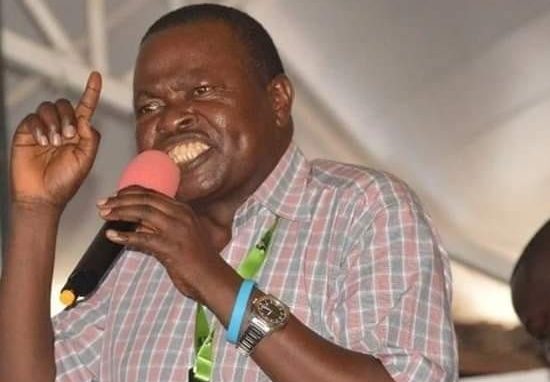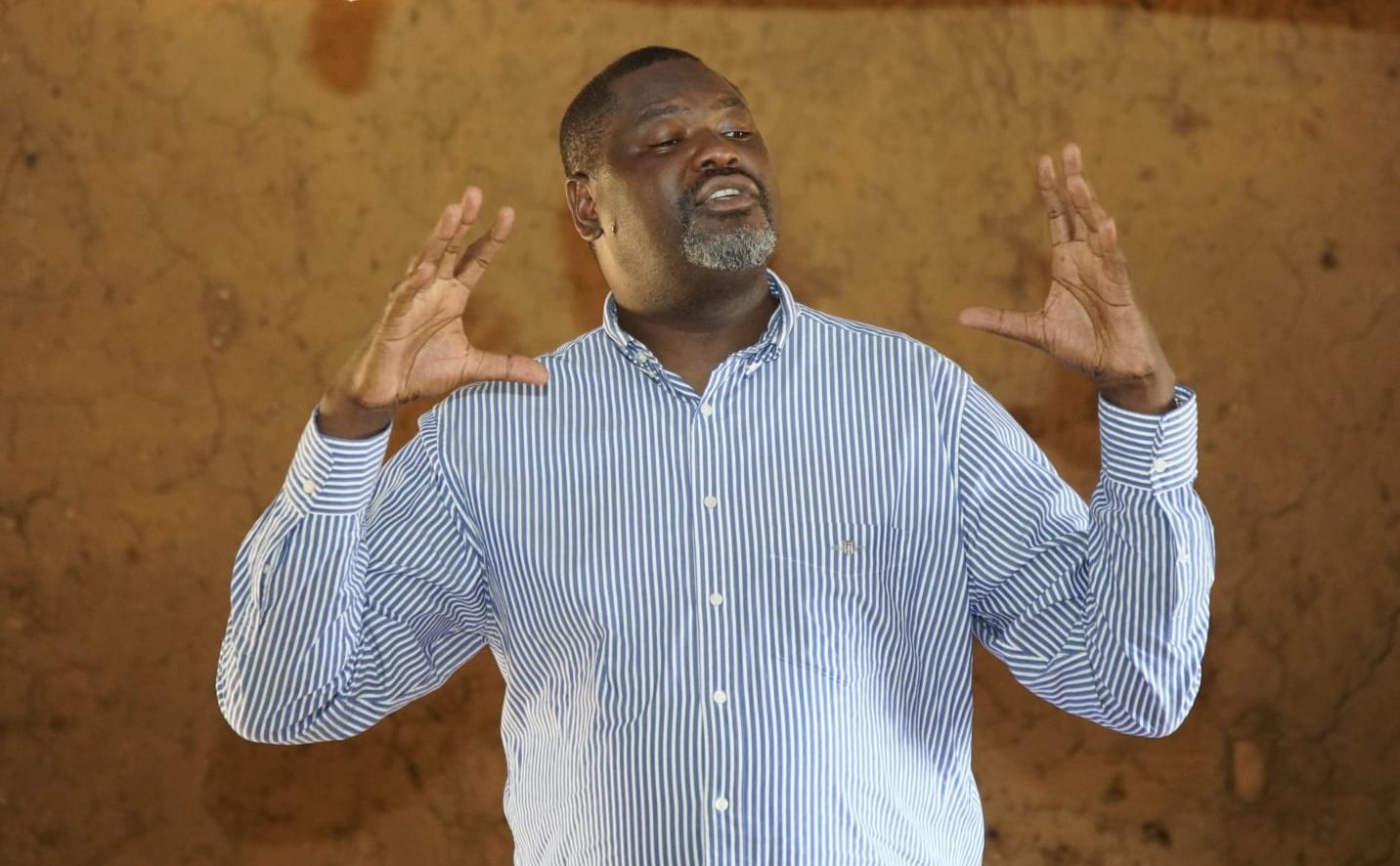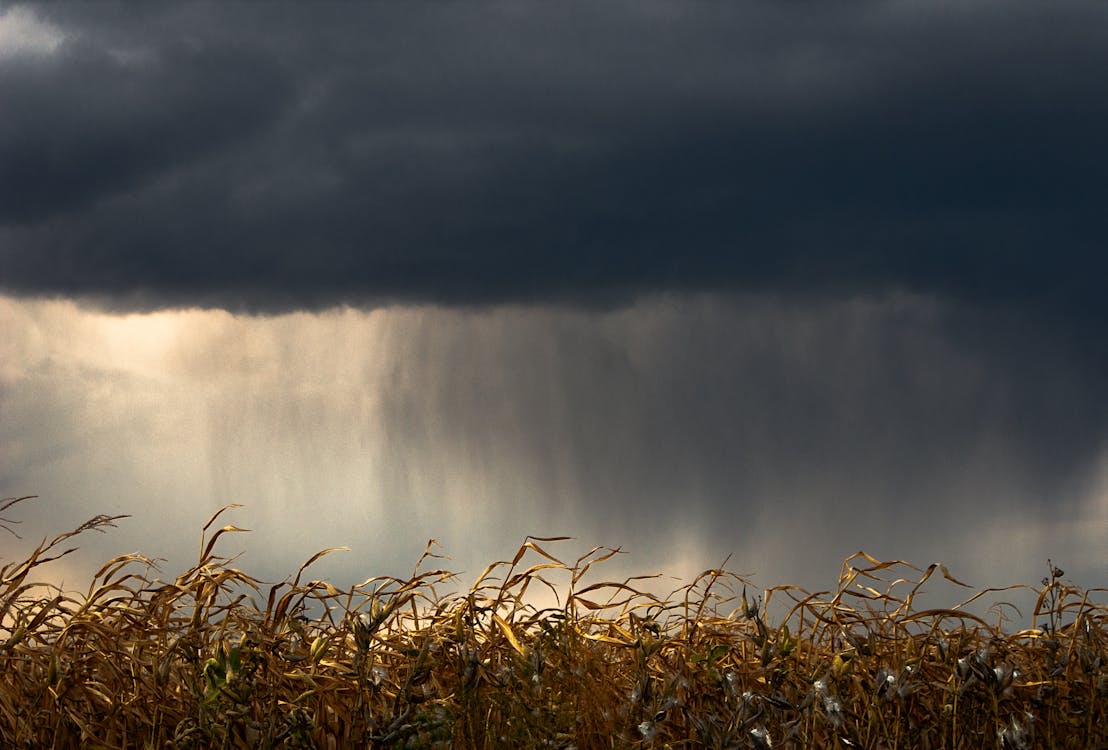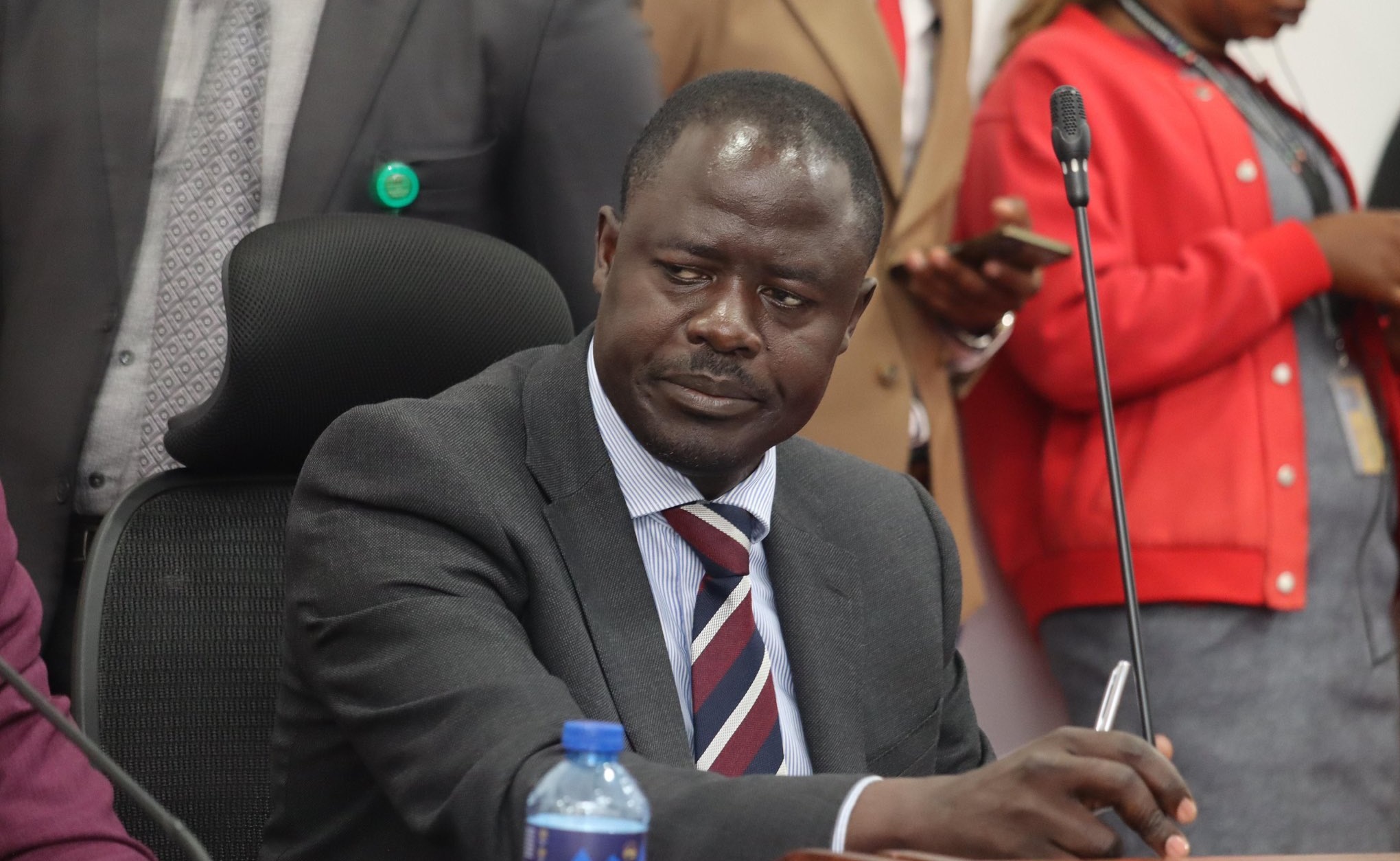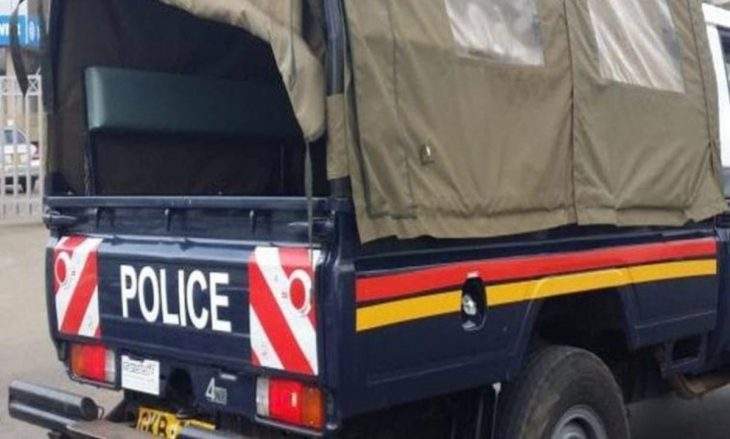Education highlights of 2024
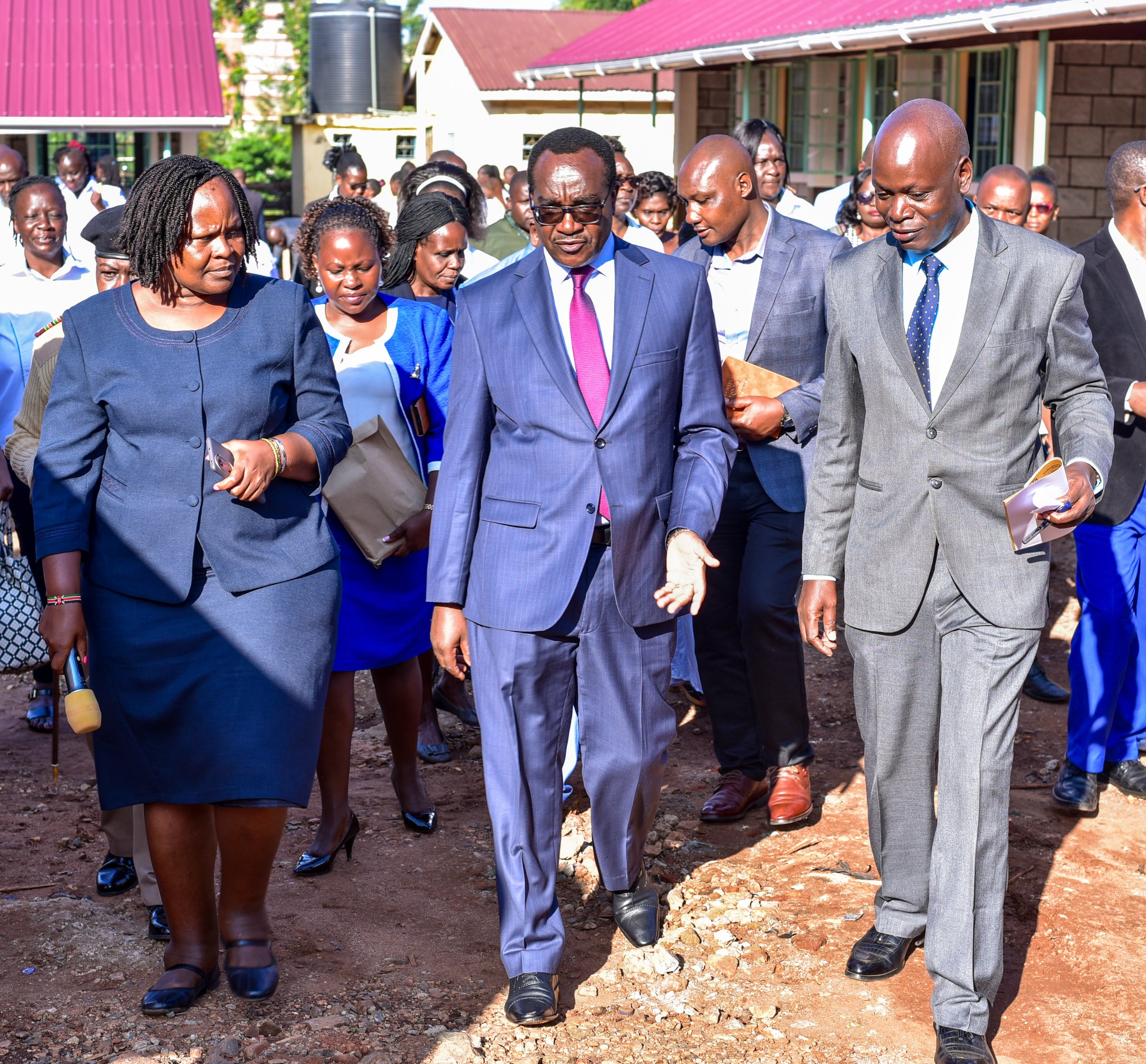
In 2024, Kenya’s education sector experienced significant developments, with a fair share of challenges. Or is it?
Whilst the Competency-Based Curriculum (CBC) witnessed significant progress in 2024 as the third Kenya Primary School Education Assessment (KPSEA) exam was successfully administered with the first cohort of CBC joining grade 9, the education sector was hit with various challenges, with unending strikes, new university funding model drama and closure of some schools’ boarding sections affecting learning in several institutions.
Progress of the CBC
2024 saw the implementation of the CBC continue to advance, with the aim of fostering practical skills and competencies among learners.
With the first cohort having sat for Kenya Primary School Education Assessment (KPSEA) in 2022, the third national examination that is sat at grade 6, was successfully administered.
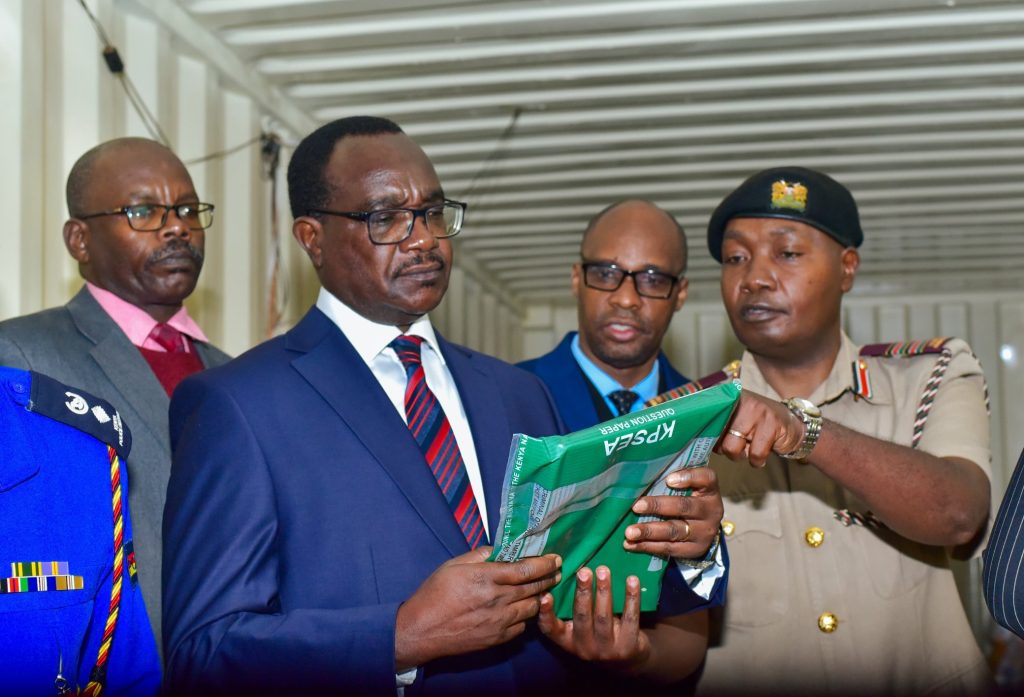
The government prioritized the retooling of teachers to effectively deliver the new curriculum, allocating resources for their training. This initiative was part of a broader effort to ensure that educators are well-prepared to facilitate the CBC’s objectives.
The Teachers Service Commission (TSC) announced a major investment to improve teacher preparedness and career progression, with a budget allocation of Ksh1 billion for teacher retooling and promotions in the 2023/2024 Financial Year.
Speaking at the annual Kenya Primary School Heads Association (KEPSHA) conference in Mombasa on Wednesday, November 6, 2024, TSC CEO Nancy Macharia outlined the Commission’s initiatives to strengthen the teaching workforce, particularly as the Competency-Based Curriculum (CBC) progresses to higher grades.
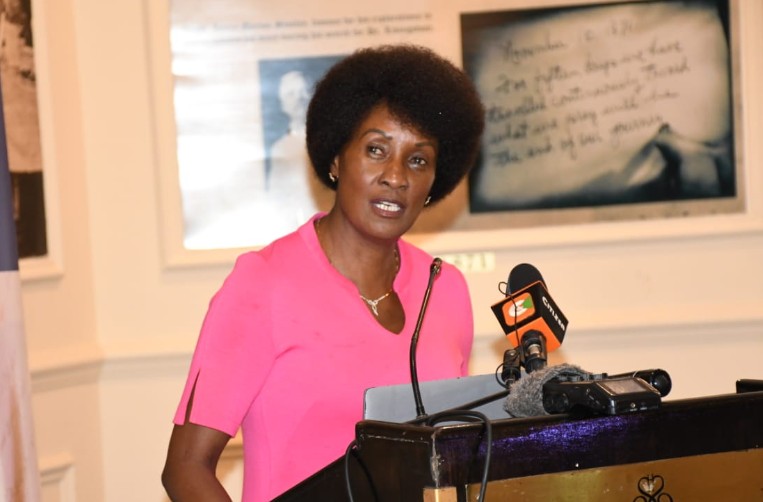
To ensure effective teaching at Grade 9 under the CBC, TSC revealed plans to retool 70,000 teachers in public and private institutions, including Special Needs Education (SNE) schools, ahead of the January 2025 school term.
This training program, part of a multi-agency initiative, was set to commence after the completion of the Kenya Certificate of Secondary Education (KCSE) exams.
“As part of preparing our teachers to effectively handle Grade 9, I wish to announce that in this financial year, the Government has allocated the Teachers Service Commission Ksh1 billion to retool 70,000 teachers from both public and private schools, including SNE Institutions, before schools open in January 2025,” Macharia stated.
“Details of the retooling exercise have been released, and the multi-agency training will kick off immediately after we are done with KCSE.”
Macharia emphasized that the retooling builds on previous initiatives.
“This exercise has been ongoing. If you can remember, previously the Commission trained over 229,000 primary regular and SNE teachers handling Grade 1-6. Further, late last year and early this year, we also retooled 60,642 Grade 7 and 8 teachers,” she added.
University Education Funding Model
President William Ruto launched the new university funding model dubbed Variable Scholarship and Loan Funding (VSLF) in May 2023. However, Kenyans started feeling its heat in 2024.
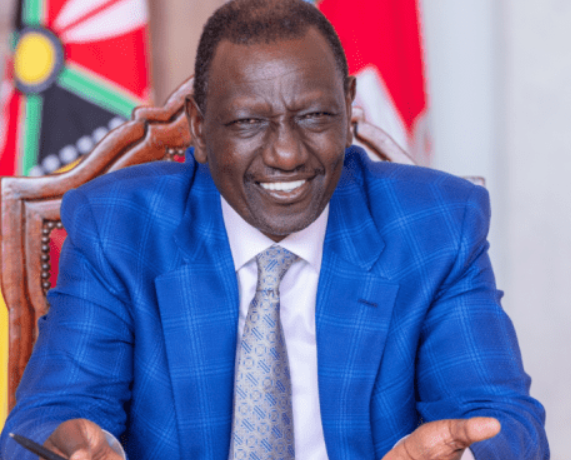
The government put the new funding model to test as the 2023 KCSE cohort prepared to embark on the next chapter of their education.
The funding framework replaced the Differentiated Unit Cost (DUC) previously used to finance universities.
The model, according to President Ruto, aims to ensure that all eligible students receive adequate educational financial support.
To effect it, students were placed in five bands, as outlined below;
- Band One
This is primarily for the most needy group; a family whose monthly income is not beyond Ksh5,995.
Under this category, the government scholarship would cover 70 per cent of the fees while the loan would cover 25 per cent, making the total support 95 per cent.
The family would pay 5 per cent of the fees and the student would receive an upkeep loan from Helb of Ksh60,000.
- Band Two
This targets families whose monthly income does not surpass Ksh23,670 but is above Ksh5,995. In this category, the government scholarship will cover 60 per cent while the loan will cover 30 per cent.
The family will pay 10 per cent of the fees. Under this category, the student will receive an upkeep loan of Ksh55,000.
- Band Three
This is for families whose family monthly income does not pass Sh70,000 but it is above Ksh23,670.
Here, the government scholarship will cover 50 per cent, while the loan will cover 30 per cent.
The family will contribute 20 per cent of the fees supposed to be paid. Students in the category will receive an upkeep loan of Sh50,000.
- Band Four
It targets families whose monthly income does not exceed Ksh120,000 but is above Ksh70,000.
The government scholarship will cover 40 per cent while the loan will cover 30 per cent.
- Band Five
It is for families which earn more than Ksh120,000 monthly. In this category, families will pay 30 per cent of fees.
They will receive 30 per cent of the fees as a loan while their families will be required to pay 40 per cent of the fees.
However, the funding model sparked a controversy as some needy students found themselves grouped in bands four and five.
As a result, it was highly opposed by Kenyans and various lobby groups, with cases getting filed in court.
In October 2024, the High Court suspended the new university funding model in an urgent case which cited discrimination in the model.
Justice Chacha Mwita ordered the filing of submissions by respondents yet to do so within fourteen days ahead of the highlighting of oral submissions on December 16.
The court noted delayed filing by the Attorney General, Education Cabinet Secretary and Kenya Universities and Colleges Central Placement Service (KUCCPS) had stalled the case
“Pending inter-parte hearing, conservatory orders are issues against the respondents, their servants, agents and employees from implementing the new education funding model until hearing and determination of the petition,” the court ordered.
The Kenya Human Rights Commission (KHRC), Elimu Bora Working Group, Boaz Waruku and a Students Caucus filed the case on October 13, 2023, arguing that the funding model locks thousands of students out of higher education hence discriminatory.
Lecturers’ Strike
2024 was marked by industrial unrest in public universities, with lecturers initiating a strike over a pay dispute.
The industrial action disrupted learning across institutions, as educators demanded better remuneration and working conditions.
Despite a government offer of Ksh4.3 billion to address their concerns, lecturers maintained the strike, indicating that the proposed amount was insufficient to meet their demands.
A deal was, however, reached and both parties agreed to end the strike that had paralyzed learning in public universities in October and November 2024.
The nationwide lecturers’ strike in Kenya ended on November 25, 2024 after the government and the Universities Academic Staff Union (Uasu) agreed to a return-to-work formula.
The government committed to fully implementing the 2021–2025 Collective Bargaining Agreement (CBA), which is valued at Ksh9.7 billion.
KUPPET Strike
Similarly, the Kenya Union of Post-Primary Education Teachers (KUPPET) engaged in industrial action to advocate for improved terms of service for its members, just as the schools were opening for a third term.
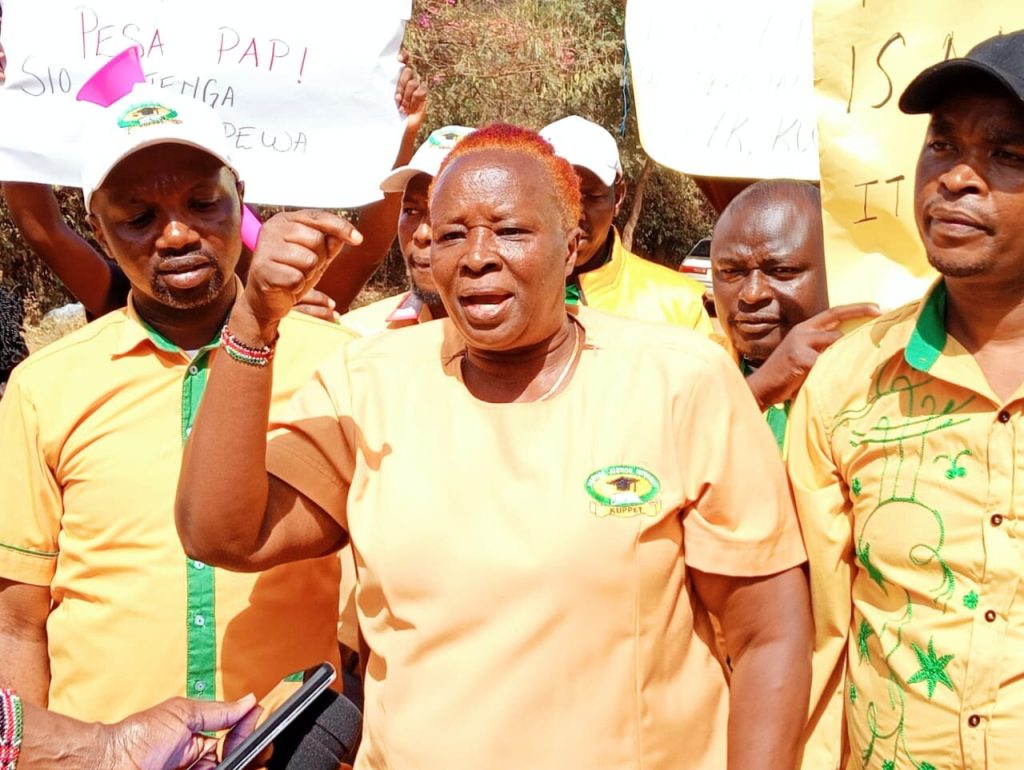
The strike, which lasted over a week, was called off after negotiations with the Teachers Service Commission (TSC).
Speaking at the TSC headquarters on Monday, September 2, 2024, KUPPET Secretary General Akello Misori said that teachers all over the country should resume their duties even as they iron out the remaining issues with the commission.
“From the Union’s side, we suspend the strike and ask our teachers to go back to class pending the speedy resolution of these matters as already agreed upon between us and the commission,” Misori said.
However, the decision to end the strike sparked protests from branch officials who felt that due process was not followed and that their concerns were not adequately addressed.
Moi University woes
Learning at Moi University was in 2024 paralyzed for three months.
The lecturers at the institution went on strike complaining of poor working conditions and accusing Vice Chancellor Isaac Kosgey of mismanagement.
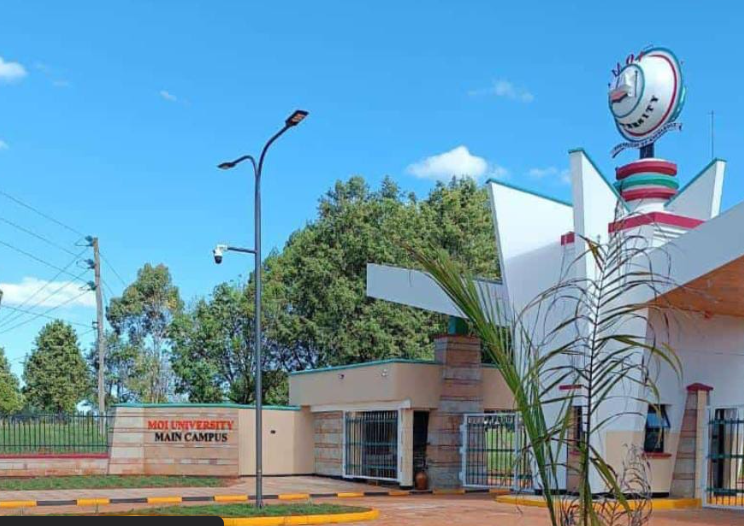
The strike led to both staff and students staging demonstrations at the institution in a rare show of unity against the university management.
The university responded by closing down the institution and issuing suspension letters to over 1,000 academic staff for failing to show up to work.
Kosgey, the embattled VC was subsequently summoned by the Ethics and Anti-corruption Commission (EACC) over alleged graft in Ksh2 billion projects in the troubled university.
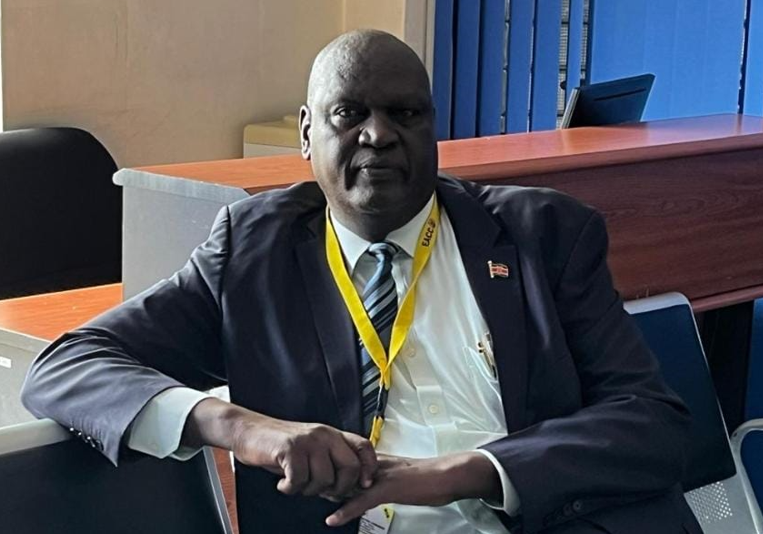
Moi University and the Universities Academic Staff Union (UASU) signed a return-to-work formula on Saturday, November 30, marking an end to the three-month strike.
Primary boarding sections closed
The Ministry of Education directed the closure of boarding sections in 348 primary schools for non-compliance with safety standards.
According to a circular by the Principal Secretary for the State Department for Basic Education Belio Kipsang dated November 27, 2024, the institutions grossly contravened the provisions of the Safety Standards Manual for Schools in Kenya (2008).
“An assessment exercise to establish the status of compliance to safety standards for all boarding primary schools in the country was carried out in the months of September and October 2024. The assessment established that some institutions grossly contravened the provisions of the Safety Standards Manual for Schools in Kenya (2008),” Kipsang stated.
The move followed the rise in school fire incidents that were witnessed in 2024, including the Endarasha Hillside Academy incident that claimed the lives of innocent learners.
